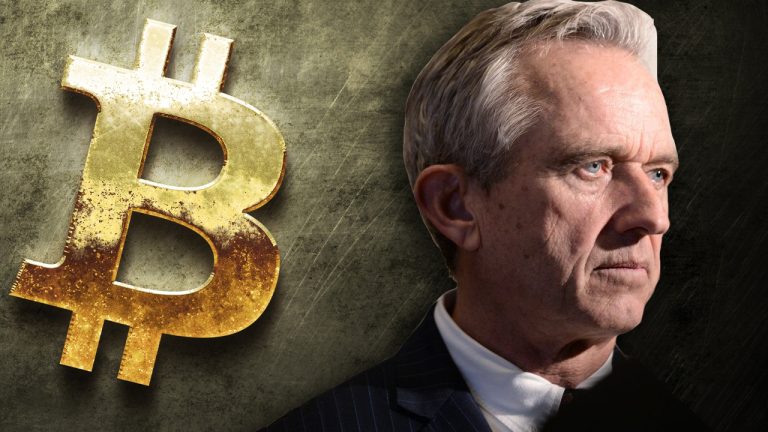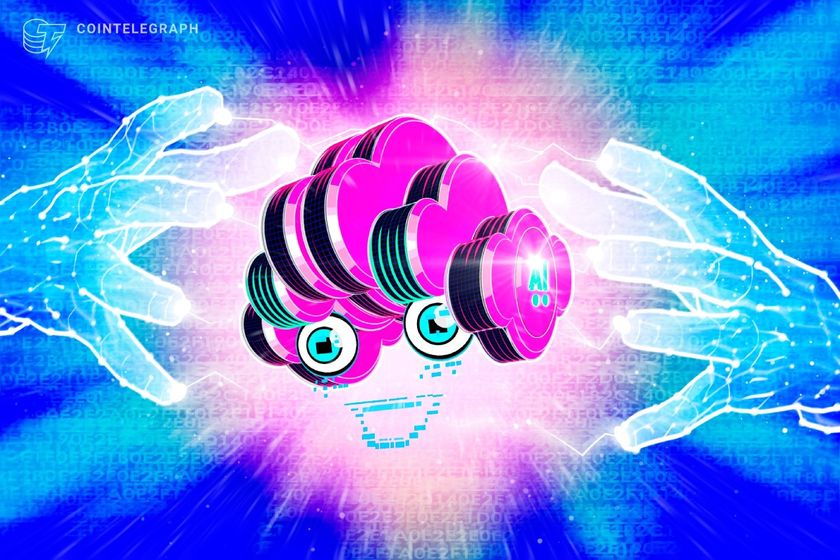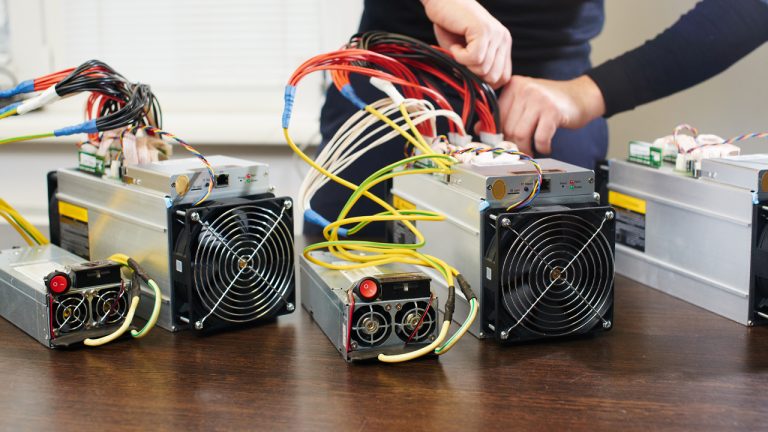
A U.S. federal court recently used on-chain tech to lock criminals out of their crypto on the Jurat Network. Its founder, Mike Kanovitz, admits it could see hate from crypto purists.
The founder of layer-1 blockchain Jurat has defended his protocol against potential haters, arguing that on-chain legal enforcement is a necessary trade-off for crypto mass adoption.
On Aug. 8, a U.S. District Court used Jurat’s on-chain enforcement tool to lock several sanctioned individuals out of their crypto accounts. These individuals were sanctioned for money laundering and using ransomware to extort cryptocurrency payments to benefit North Korea’s weapons program.
— Mike Kanovitz (@MikeKanovitz) August 8, 2023
A court just entered final judgment in a federal lawsuit and the court used @JuratNetwork to enforce its order on-chain!
The judge enjoined Russian and North Korean hackers from accessing their accounts, making $JTC the first cryptocurrency to comply with @USTreasury…
Speaking to Cointelegraph, Mike Kanovitz, the founder and CEO of Jurat said the judicial order was the first of its kind.
The Jurat blockchain was launched in late 2022, formed via a fork of the Bitcoin blockchain. The technology connects blockchain nodes with court dockets to enforce court orders.
Kanovitz admits that such technology will likely garner criticism from die-hard supporters of decentralization.
“Some people are going to claim to be philosophical purists and hate on it. I get that.
However, the Illinois-based lawyer said such technology could bring the necessary due process protections for digital assets, which will be key to mainstream adoption.
"Some of the people who currently think that there should not be effective law enforcement on-chain would feel differently if they got hacked, defrauded, or lost their private keys. Then they would be relieved that they can recover their property," he expla
In the first half of 2023, $656 million in cryptocurrencies were lost to scams, hacks and rug pulls, according to a June 30 report by blockchain security firm Beosin.
H1 2023 Web3 Security Statistics
— Beosin Alert (@BeosinAlert) June 30, 2023
Total losses from hacks, phishing scams, and rug pulls in Web3 reached $655.61 million in the first half of 2023.
Among them,
108 attacks -> $471.43M
Phishing scams -> $108M
110 rug pulls -> $75.87M pic.twitter.com/8Q9kmDETfQ
“It will not only tame the lawlessness that scares away would be adopters and draws the ire of government officials, it can unlock incredible utility for commerce,” he added.
Related: MetaCourt’s IDO launch: A paradigm shift in Web3 legal services
Until now, courts have had limited means to effectively freeze and seize crypto funds. A common tactic has been to order centralized crypto exchanges to freeze funds or turn over identifying information of the suspect.
However, the on-chain enforcement tool works by connecting JTC’s blockchain and software nodes with the user's chosen court.
During a lawsuit, each party provides the court with a competing hash for what that side wants the court to do. When a ruling is made, the court simply pastes the hash of the winning side, and the software nodes will execute the order autonomously once it accesses the online court docket.

Kanovitz said the tool currently only works in the United States, and only for the JCT blockchain. However, he hopes to bring JCT’s technology into other Ethereum Virtual Machine-compatible blockchains in the future.
Magazine: ‘Moral responsibility’ — Can blockchain really improve trust in AI?










